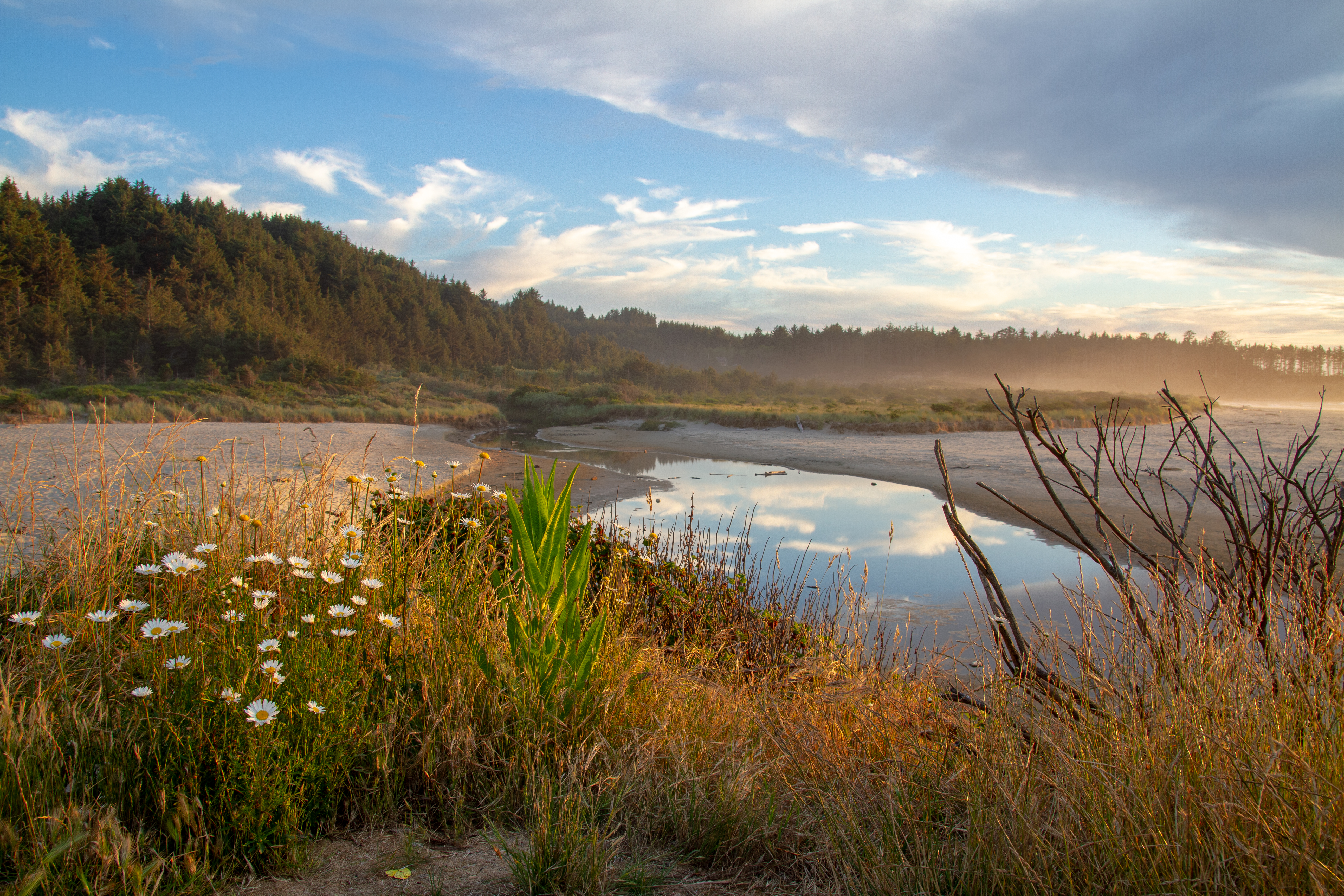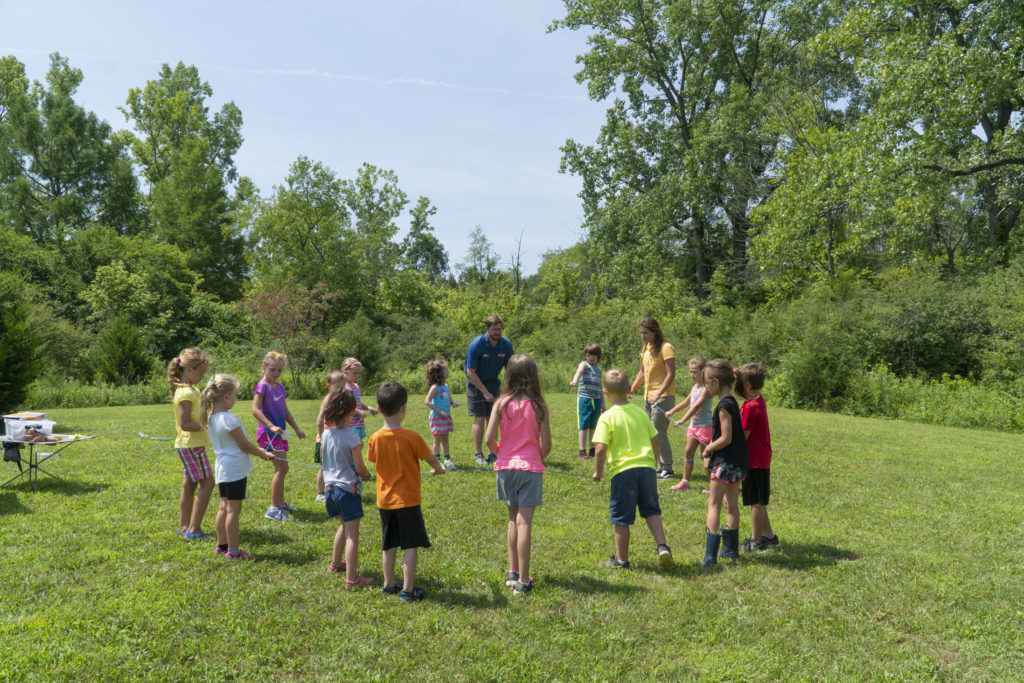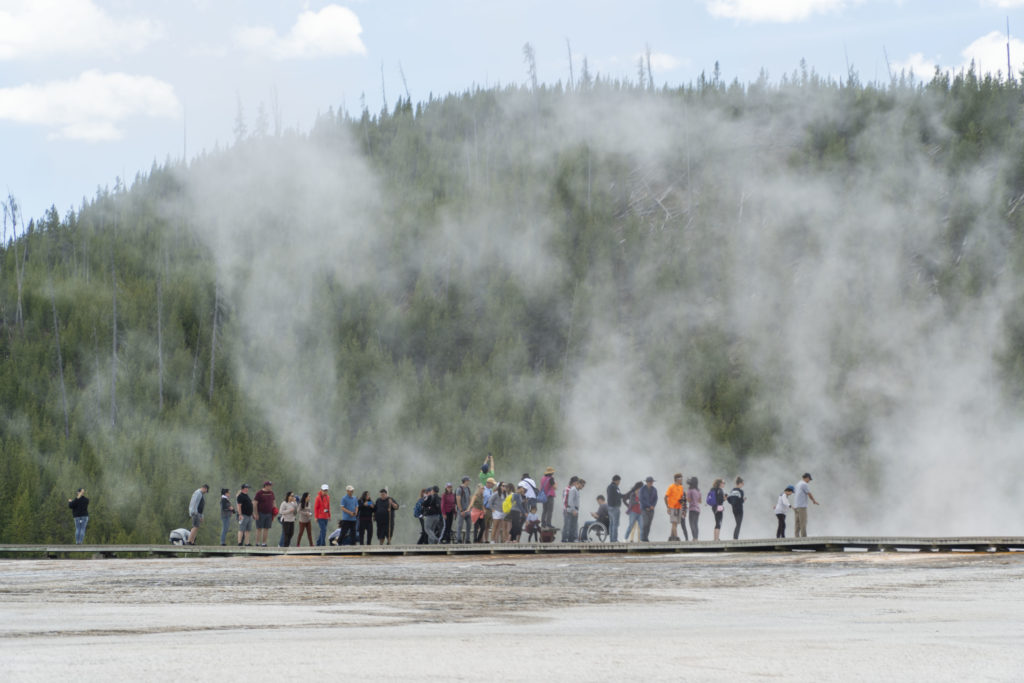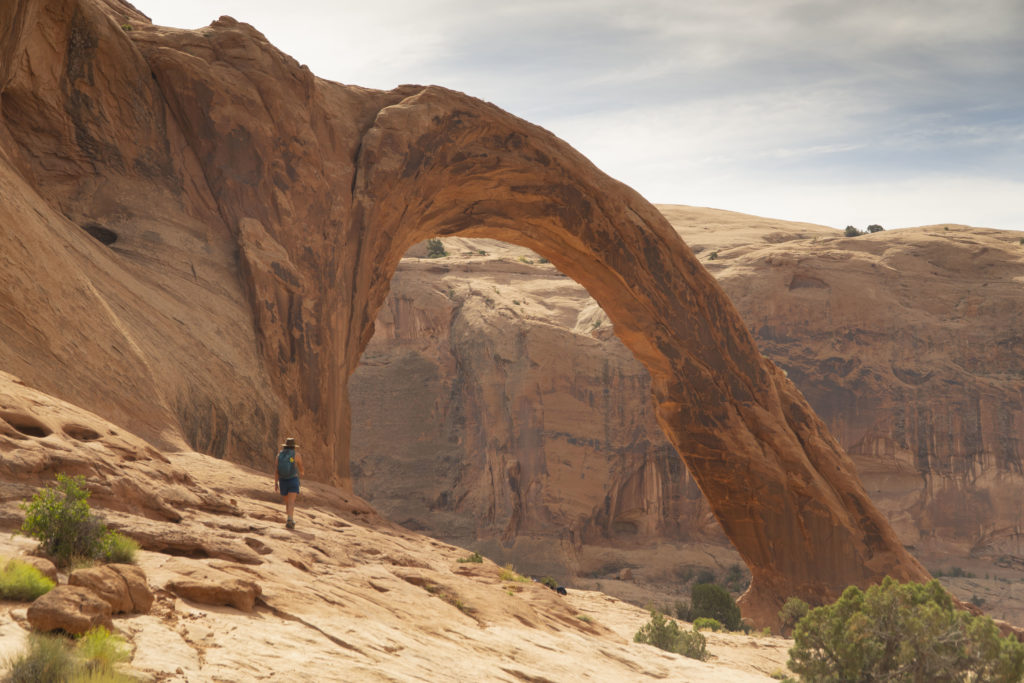News & Updates
Rules or Ethics: What Is Leave No Trace?


What is Leave No Trace? Rules for getting outdoors? Ethics to guide our recreation? This is a loaded and simple query all at the same time, and the answer to this question can be different depending on who you ask.
Here at the Leave No Trace Center for Outdoor Ethics, we promote the 7 Principles of Leave No Trace as guidelines to help us make more sustainable decisions while we enjoy our outdoor spaces. The 7 principles are not meant to be rules as they are not black and white. Instead, they give us a better understanding of how our actions can impact nature. In turn, when we are educated with the skills and techniques to minimize human caused impacts on outdoor recreation spaces, we can preserve them for the long term.

Our full name, the Leave No Trace Center for Outdoor Ethics, doesn’t just come from being mistaken as a witness protection or private detective in the early 90’s (although this did happen). This name also helps to contextualize Leave No Trace as an outdoor ethic. Remember, we are not the Leave No Trace Center for Outdoor Rules.
So what do we really mean by that? What is an outdoor ethic and why does this distinction matter? We feel that everyone, no matter their level of Leave No Trace knowledge, has their own personal outdoor ethic. This outdoor ethic helps us determine how to behave in nature, what is and is not acceptable to us. Put simply, this ethic is how we treat nature when no one is watching. This is why, even without Leave No Trace education, we can still notice impacts and work to minimize them.
The purpose of the 7 Principles is to build a collective outdoor ethic, to fill in the gaps of our personal outdoor ethic, and to help us understand impacts that may not be part of our common knowledge.
With this collective outdoor ethic, we can all work together to minimize our impacts. No matter where we fit on the spectrum of practicing Leave No Trace (and it is a spectrum) we can do things, big or small, to minimize our impact and have collective benefits to our outdoor spaces. And with the sheer volume of visits to our shared public lands, this collective ethic is all the more important.

But if this collective outdoor ethic is so great, why not make them rules? While the 7 Principles are a great foundation, not all outdoor spaces are the same, and not all situations are the same. There is a lot of nuance within Leave No Trace. Something that works in one ecosystem may not work in another. A technique that works in one situation may not be appropriate in another. By teaching a general Leave No Trace philosophy and promoting an understanding of impacts, we give outdoor enthusiasts the skills, tools, and knowledge to make the best, informed decisions they can while recreating to Leave No Trace for that unique time and place. Critical thinking about human consequences on natural processes is the most powerful lesson Leave No Trace offers.

As we all work together to share Leave No Trace information and education, it’s important to keep this distinction in mind. It’s important to recognize the huge variation in ecosystems, user groups, land management practices, and personal ethics that shape our interactions with outdoor places. Leave No Trace isn’t meant to be taken literally. It is a philosophy that we can use to protect our natural spaces and minimize our impacts on our planet.
Leave No Trace’s Erin Collier and Brice Esplin are part of the 2019 Subaru/Leave No Trace Traveling Trainer Program that provides free, mobile education to communities across the country. Proud partners of this program include Subaru of America, REI, Eagles Nest Outfitters, Deuter, Thule, Fjällräven and Klean Kanteen.
Let’s protect and enjoy our natural world together
Get the latest in Leave No Trace eNews in your inbox so you can stay informed and involved.
